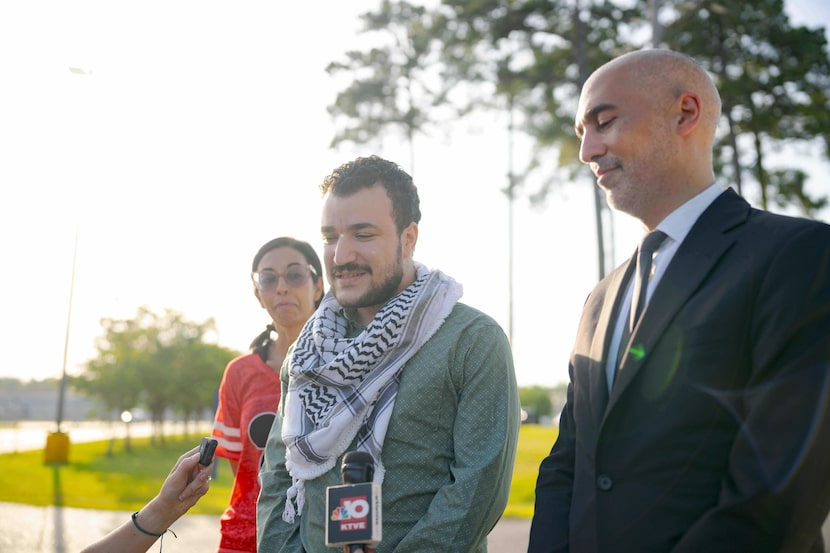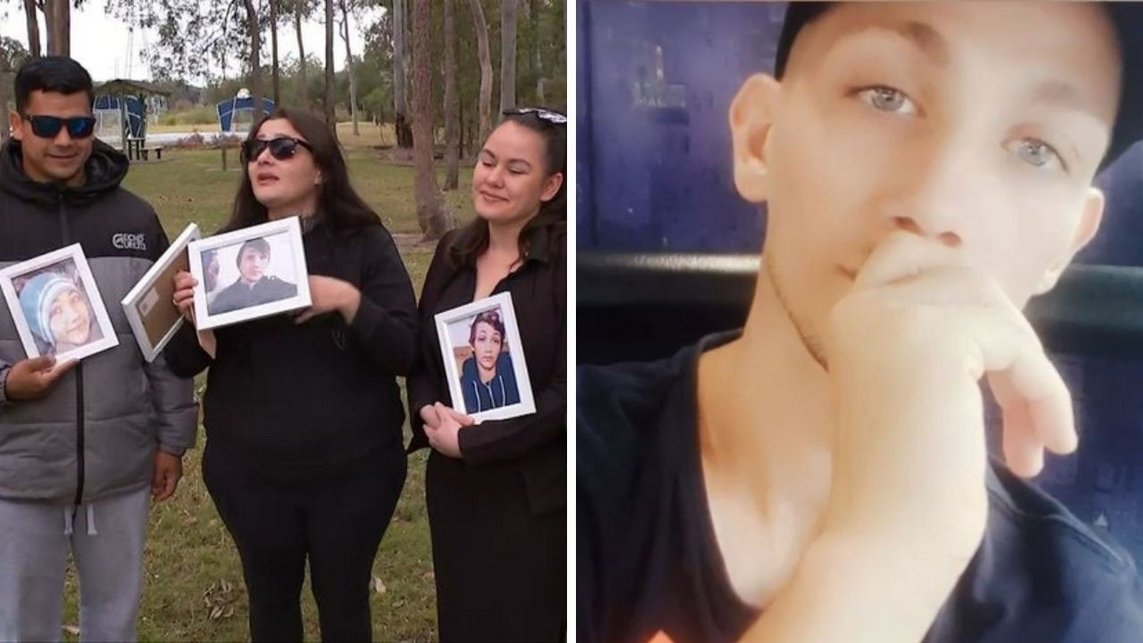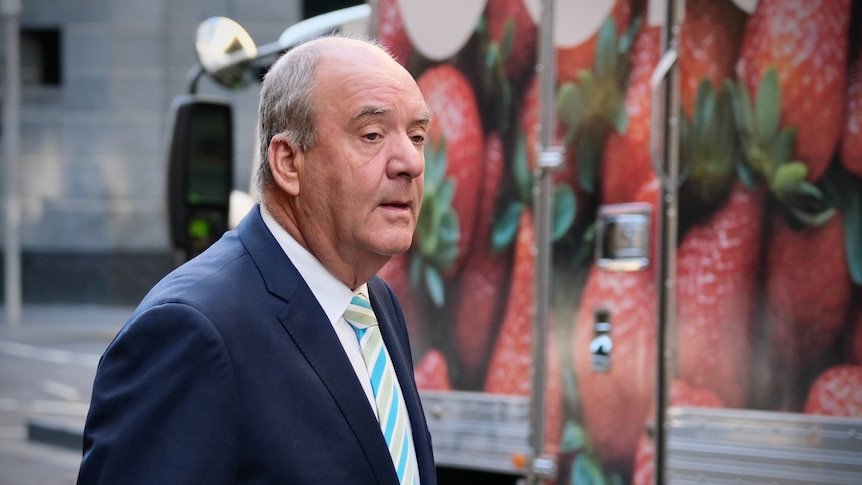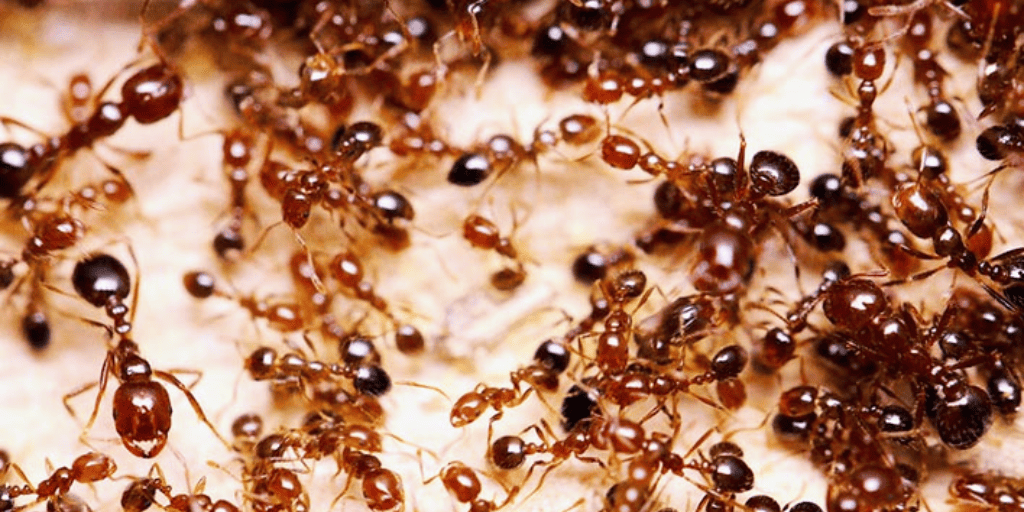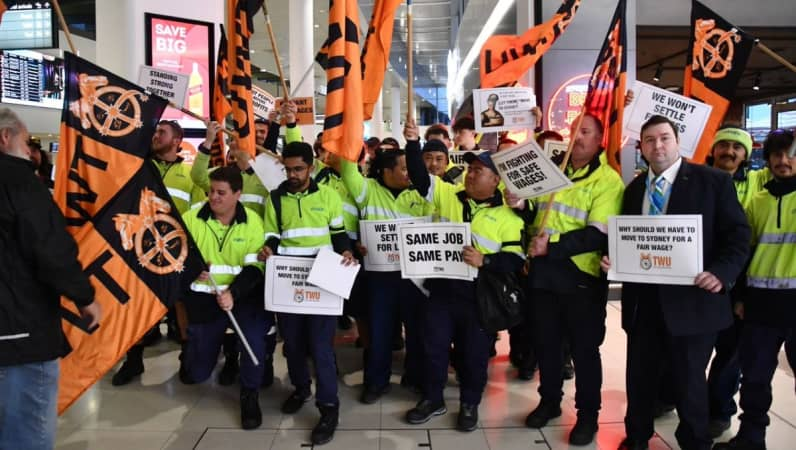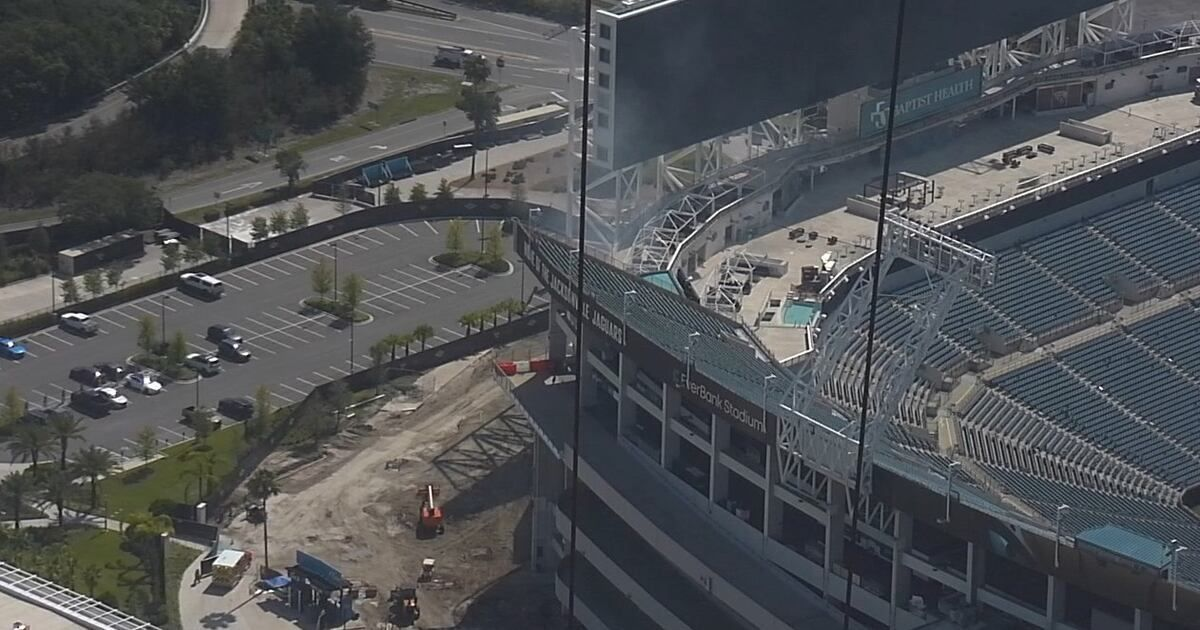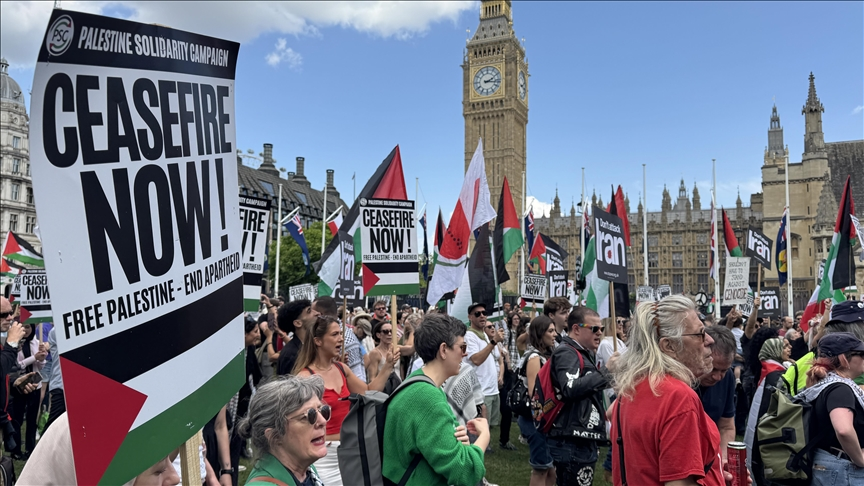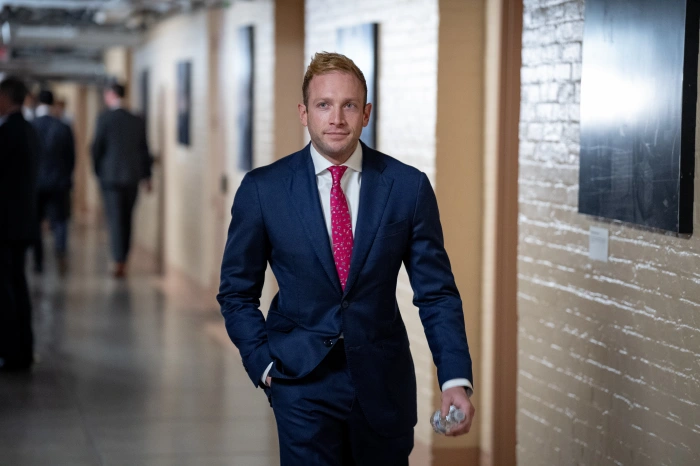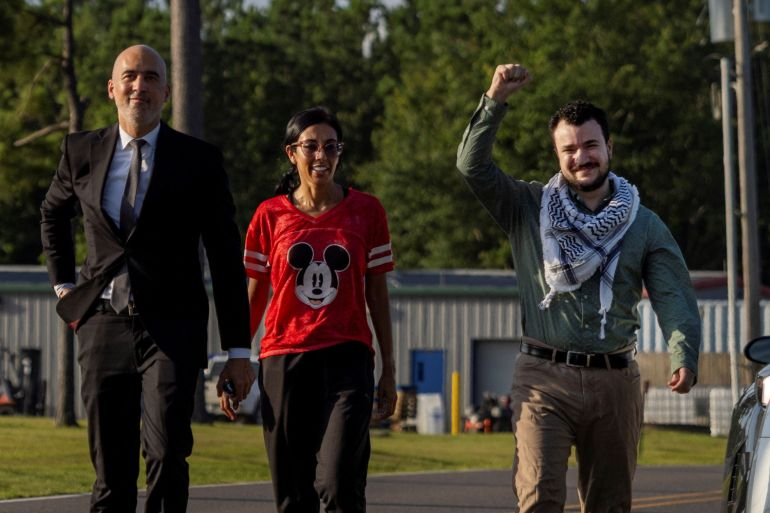Mahmoud Khalil, a Columbia University student and prominent activist, has been released from Immigration and Customs Enforcement (ICE) detention after a prolonged legal battle. His release marks a significant victory for immigrant rights advocates and highlights the ongoing debate surrounding immigration policies and the treatment of undocumented students in the United States. This article explores the details of Khalil’s case, the broader implications of his detention, and the ongoing fight for fair and humane immigration practices.
The Mahmoud Khalil Case: A Timeline of Struggle
Mahmoud Khalil’s journey to freedom has been long and challenging. His detention by ICE sparked widespread protests and raised concerns about the possible targeting of politically active undocumented immigrants. While the specifics of his case are complex and involve legal intricacies, the following timeline highlights key events:
- Initial Detention: Khalil’s detention began [Insert Date from original article]. The exact reasons for his detention have not been fully disclosed, but his activism and immigration status were likely contributing factors.
- Public Outcry and Protests: News of Khalil’s detention sparked protests and rallies at Columbia University and beyond. Students, faculty, and community members mobilized to demand his release, emphasizing the injustice of his prolonged confinement.
- Legal Challenges: Khalil’s legal team filed several legal challenges against his detention, arguing [Insert arguments from the article]. The legal battle involved navigating complex immigration laws and procedures, which often favor the government.
- Release and Ongoing Uncertainties: Khalil’s release on [Insert Date from original article] was a relief to his supporters. However, his future immigration status remains uncertain, and the fight for his full legal residency continues.
The Broader Context: Immigration Policies and Student Activism
Mahmoud Khalil’s case is not isolated. It highlights ongoing challenges faced by undocumented immigrants in the United States, especially those who are politically active. His situation brings attention to several critical issues:
The Targeting of Undocumented Activists?
Many believe Khalil’s detention was not merely an immigration enforcement matter but a targeted attempt to silence dissent and discourage activism among undocumented communities. The timing and circumstances of his detention raise these concerns. Further investigation into similar cases is essential to determine if this is an isolated incident or part of a pattern.
The Impact on Higher Education
Khalil’s case raises important questions about the role of higher education institutions in protecting vulnerable students. Universities have a responsibility to provide a safe and supportive environment for all students, regardless of immigration status. Columbia University’s response to Khalil’s detention will set a precedent for how other institutions handle similar situations. Did the university adequately support Khalil throughout his ordeal? This remains a critical question.
The Inequities of the Immigration System
Khalil’s case exposes inherent inequities within the U.S. immigration system. Lengthy detention periods, complex legal processes, and a lack of transparency contribute to a system that is often unfair and inhumane. Reform is urgently needed to ensure all individuals, regardless of immigration status, are treated with dignity and respect.
The Fight Continues: What Happens Next?
Although Khalil’s release is a victory, the fight is far from over. His long-term immigration status remains unresolved, and his case serves as a powerful reminder of the systemic issues within the immigration system. The following steps are crucial:
- Continued Legal Support: Khalil will need ongoing legal representation to navigate the complexities of his immigration case and seek a path to legal residency.
- Advocacy and Reform: Advocacy groups and concerned citizens must continue pushing for comprehensive immigration reform that prioritizes human rights and due process.
- Increased Transparency: Greater transparency regarding ICE detention practices is necessary to prevent future injustices and ensure accountability.
- Support for Undocumented Students: Colleges and universities should strengthen support systems for undocumented students, providing resources and protection against discrimination.
Conclusion: A Symbol of Resistance
Mahmoud Khalil’s journey from ICE detention to freedom is not just a personal story; it symbolizes resistance against unjust immigration policies and demonstrates the power of collective action. His case is a call to action, reminding us of the ongoing struggle for a more just and equitable immigration system. The fight for Khalil’s full legal status and the rights of all undocumented immigrants continues.
Note: This blog post uses information generally available from the provided article. For the most current and accurate details on Mahmoud Khalil’s case, please refer to official news sources and legal documents.
